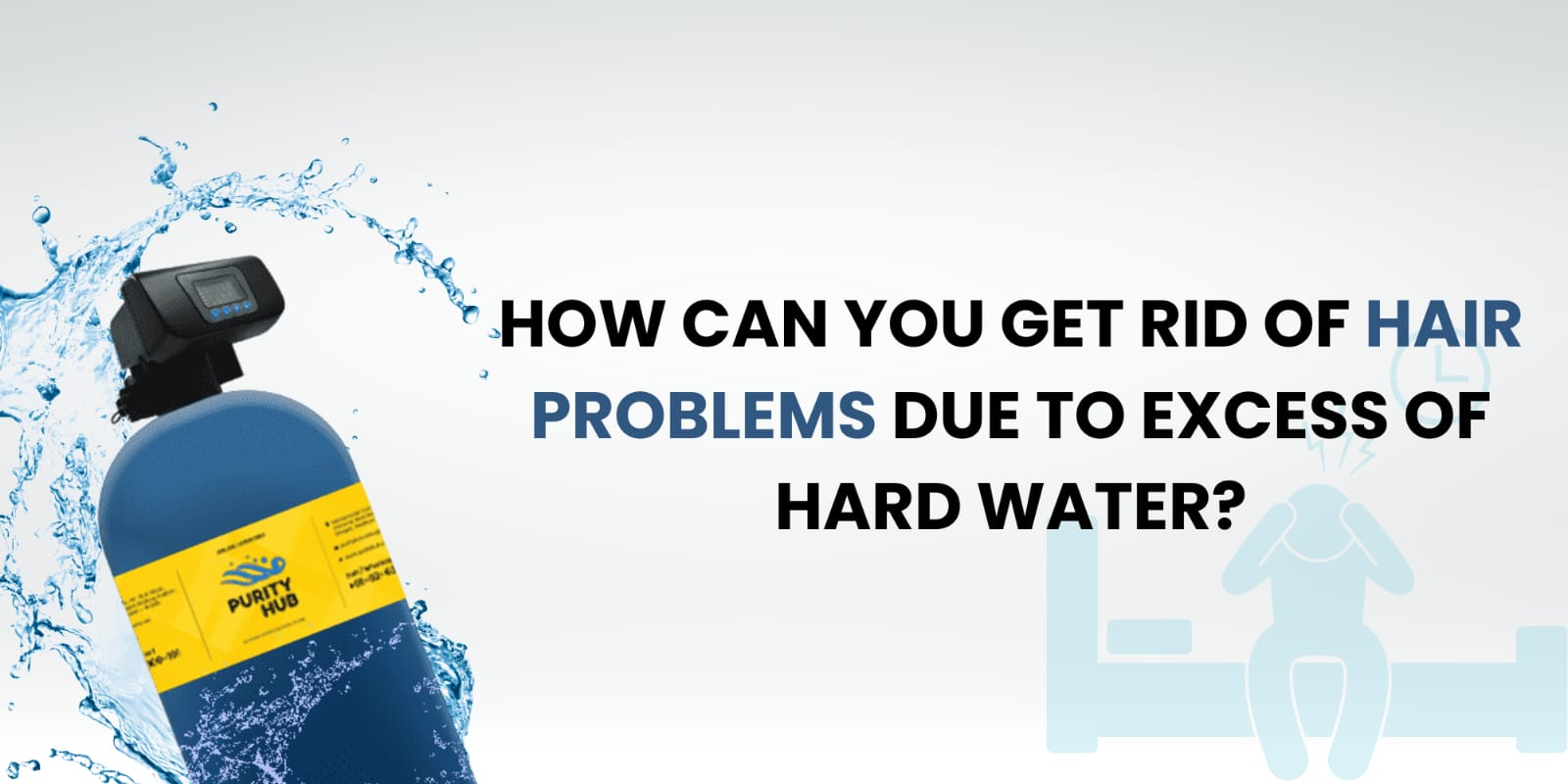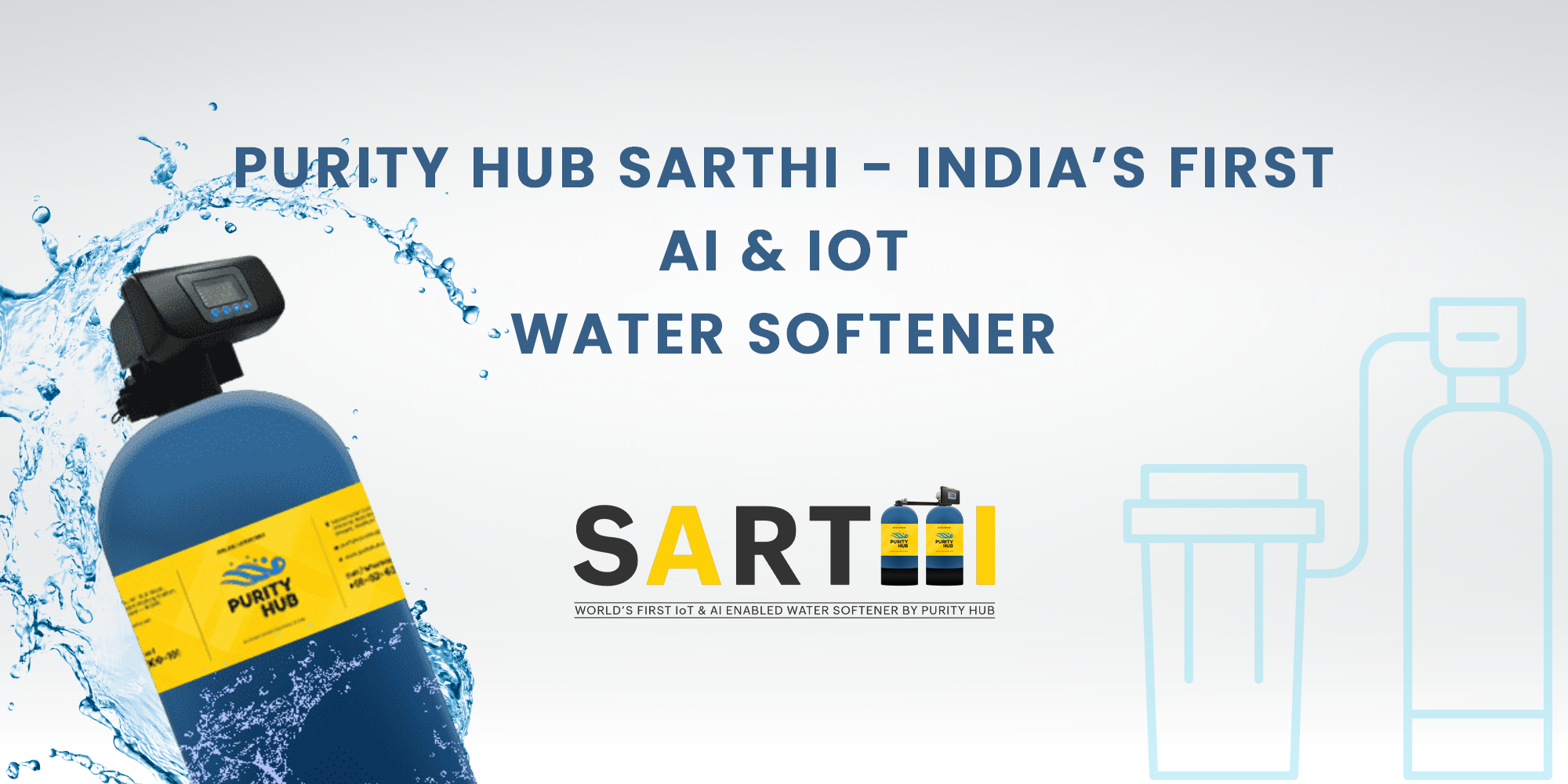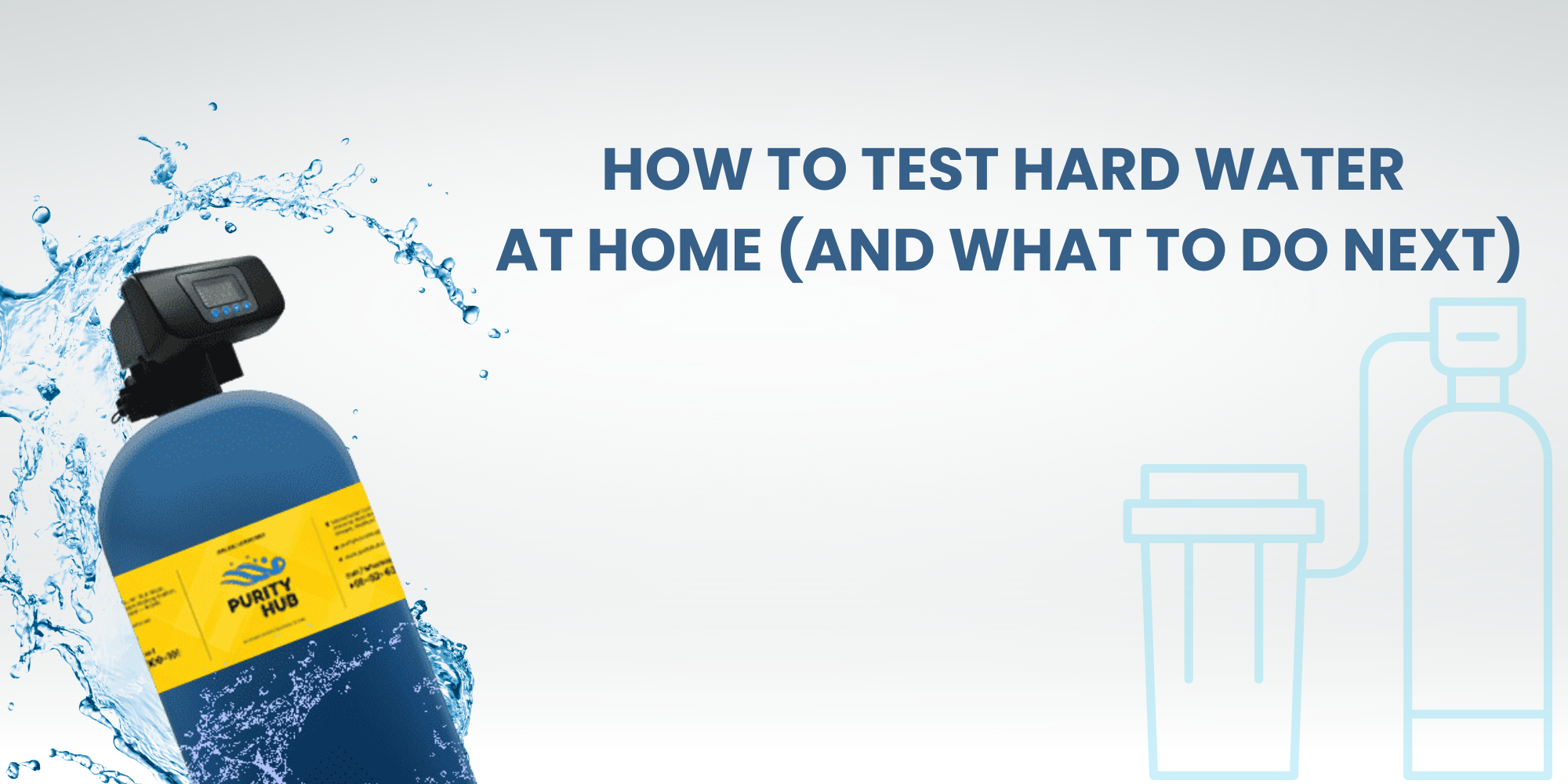
Hair problems such as dryness, breakage, and an overall lacklustre appearance can often be traced back to the quality of the water you use daily. Excess iron and hard water are two major culprits that can wreak havoc on your hair. If you're struggling with these issues, it's essential to understand how to manage and mitigate the effects of hard water and iron buildup. In this article, we'll explore how water softener maintenance and using a hard water softener for your bathroom can help alleviate these hair problems.
Understanding Hard Water and Its Effects on Hair
Hard water contains high levels of minerals like calcium and magnesium. When you wash your hair with hard water, these minerals can accumulate on the hair shaft, leading to several problems:
- Dryness and Frizz: Hard water strips your hair of its natural oils, leaving it dry and frizzy.
- Build-up: The minerals in hard water can build up on your scalp and hair, making it look dull and lifeless.
- Hair Breakage: The build-up of minerals can make your hair more brittle and prone to breakage.
Iron in water can also cause hair discoloration, leaving it with an orange or reddish tint. Additionally, excess iron can clog hair follicles, leading to hair thinning and loss.
How Water Softeners Can Help
Installing a water softener in your home can significantly improve the quality of the water you use daily. Water softeners work by removing the excess minerals from the water, making it "softer." Here are some benefits of using a hard water softener for your bathroom:
- Improved Hair Health: Soft water helps maintain the natural oils in your hair, reducing dryness and frizz.
- Reduced Build-up: By removing excess minerals, a water softener prevents build-up on your hair and scalp, keeping your hair looking clean and shiny.
- Less Hair Breakage: Softer water is gentler on your hair, reducing breakage and promoting overall hair health.
Water Softener Maintenance
To ensure your water softener continues to provide the best results, regular maintenance is crucial. Here are some essential water softener maintenance tips:
1. Check Salt Levels: Water softeners use salt to remove minerals from the water. Regularly check the salt levels in your water softener and refill it as needed. Ideally, the salt level should be kept at least half full.
2. Clean the Brine Tank: Over time, the brine tank can accumulate salt sludge and other debris. Clean the brine tank periodically to prevent any build-up that can affect the efficiency of your water softener.
3. Inspect for Leaks: Regularly inspect your water softener system for any leaks or cracks. Address any issues immediately to prevent further damage and ensure the system works effectively.
4. Regenerate the System: Most water softeners have an automatic regeneration cycle. Ensure that this cycle is functioning correctly. If needed, manually regenerate the system according to the manufacturer's instructions.
5. Use High-Quality Salt: The type of salt you use can impact the efficiency of your water softener. Use high-quality salt specifically designed for water softeners to achieve the best results.
Additional Tips for Hair Care
In addition to using a water softener, there are other steps you can take to care for your hair:
- Clarifying Shampoo: Use a clarifying shampoo once a week to remove any mineral build-up from your hair.
- Moisturizing Conditioner: Regularly use a moisturizing conditioner to keep your hair hydrated and healthy.
- Filtered Shower Head: Consider installing a filtered shower head to further reduce mineral content in the water.
By investing in a hard water softener for your bathroom and maintaining it properly, you can effectively combat the adverse effects of hard water and excess iron on your hair. Consistent water softener maintenance will ensure that your hair remains healthy, shiny, and free from the damaging effects of mineral build-up.



